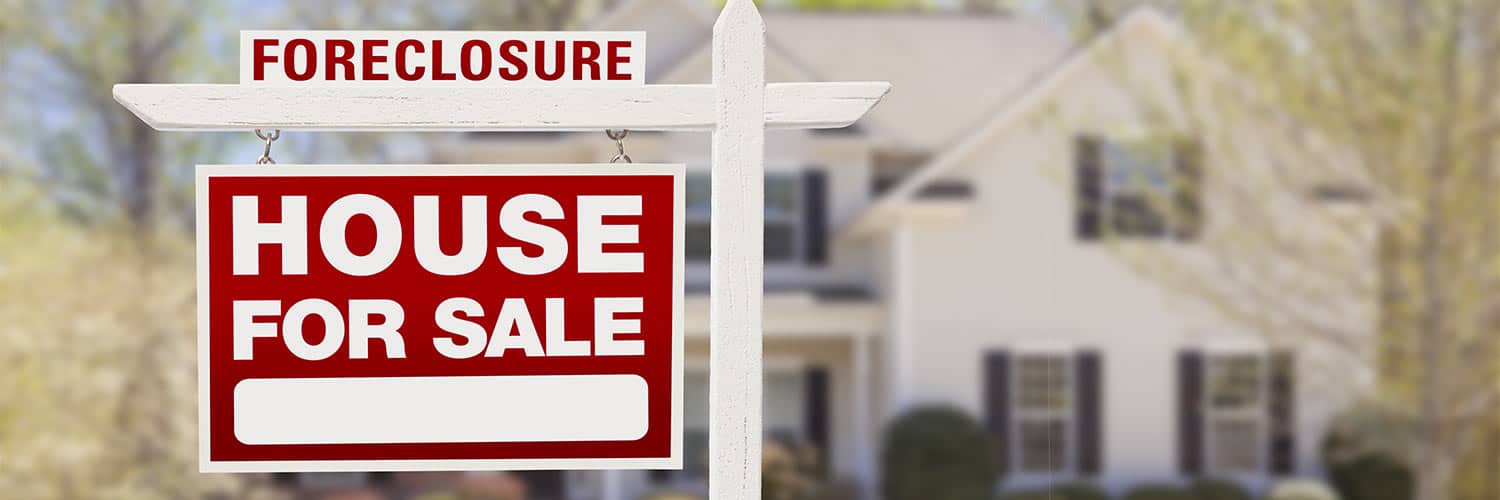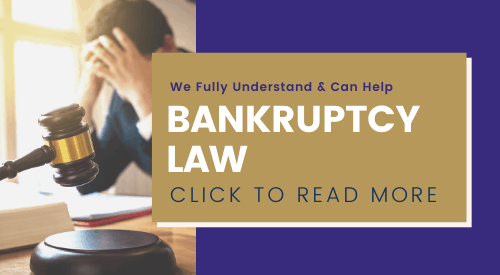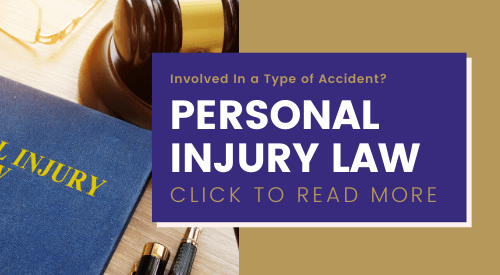Distressed property
Under foreclosure or for sale by a lender?
Distressed property

Get FREE Consultation today by calling us at 847-231-3999!
There's main reasons to purchase distressed properties include:
- The price. A less than market value price on distressed homes enable those to buy when otherwise they may not be able to.
- The potential for profit. If you purchase at a favorable price and add value through updates it’s possible to realize a profit.
It might be tempting to buy a distressed property without fully reviewing the consequences. While it may appear to be quite a good deal, there are a few things to watch for:
- You’re not certain that you’ll be able to make necessary repairs. Naturally, it’s common for a distressed property to be in less-than-optimal condition and require multiple repairs. Some issues may call for immediate repair while others may not be quite as urgent. Do not purchase if you cannot perform the repairs on your own or get them done at affordable pricing.
- You’ll need to compromise on the property’s location. In many cases, distressed properties are in lower-income neighborhoods. Purchasing in a lower-income neighborhood places limits upon what you can realistically invest in improvements.
Talk with a Real Estate Lawyer About Distressed Property
Investing in a distressed property may offer a way to discover the ideal home. In addition, some investors choose distressed homes for repair and resale or as a source of rental income. Foreclosures and short sales are versions of distressed properties. They are often available at prices that provide immediate equity in the property at closing. Some may ready for occupancy right away. However, others may need considerable repairs and remodeling before they’re ready for move-in.
Naturally, it’s essential to practice due diligence to locate the best deals on distressed properties. It can be a risky endeavor and investors must remain alert throughout the process. To learn more about the risks and benefits buying foreclosures or short sales consult with our experienced lawyers.
Pre-foreclosures are simply properties in which the owners are over 90 days overdue on their mortgage payments. This category of distressed property is generally not as available as foreclosures or short sales.
A short sale property is one that’s for sale by the owner. In this case, the owner doesn’t have sufficient equity or funds to sell. However, the owner requires approval from their bank to do a transaction with a buyer. Usually, sellers in this scenario owe more on the house than its present market value.
A foreclosure has been through the whole foreclosure procedure with all notices in place. The property was up for auction then reverts to the lender. This type of property is available for purchase to qualified buyers.
There are some properties that sell at an auction. Although, the risk of purchasing a property at auction is that you’re not able to do a home inspection. The risk might be worth if the home is obtainable at a good price, but always practice caution.
Do You Own a Distressed Property? Talk with an Experienced Real Estate Lawyer About Your Options
Always get a home inspection when investing in a distressed home. An inspection gives you an idea of what’s wrong with the property and what repairs may cost. In some cases, the home may be in such poor condition that remodeling costs exceed the finished market value.
Owners of distressed properties might not have kept up with maintenance simply because of their financial state. Consequently, there may be pressing repairs to perform that will be expensive. Obviously, this is a major issue when it comes to buying distressed property. On the other hand, there are distressed properties that are in good shape. They may require not much more than a thorough cleaning and minor repairs to be suitable for occupancy.
Talk with an experienced real estate lawyer at our firm about the benefits and risks of distressed property.





